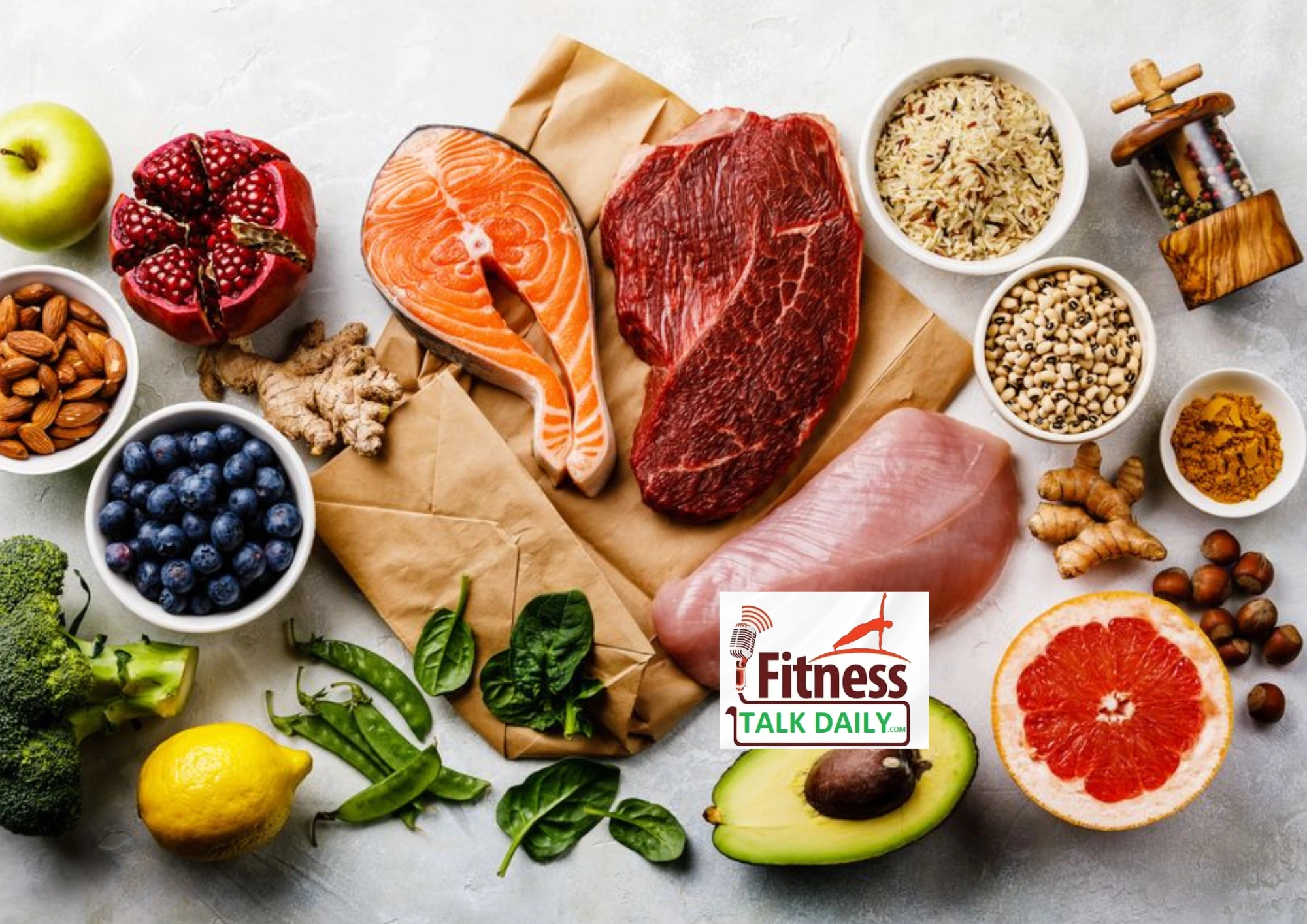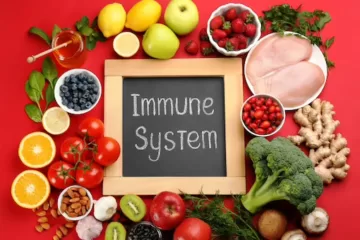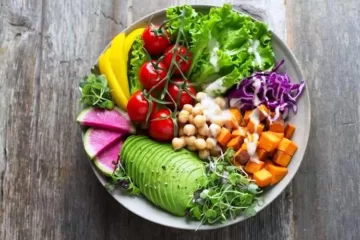Tips to Improve Digestion: since we know Digestive issues such as bloating, constipation, and indigestion are so frequent in our busy lives, there is no requirement for them to be your routine. You can enhance digestion, alleviate bloating issues, and enhance overall health by including gut-friendly foods in your everyday diet meals.
This article is to provide actionable diet tips to Improve Digestion, you can add in your meals which are focused on foods that promote healthy digestion and help prevent bloating.
Understanding Digestion and Bloating
Before we dive into the diet tips, it’s essential to understand what happens during digestion and why bloating occurs. Digestion begins when food enters your stomach, and it continues through your intestines. The gut processes food, absorbs nutrients, and eliminates waste. However, when digestion is slow or inefficient, it can lead to gas, discomfort, and bloating.
Bloating occurs when gas or air builds up in the digestive tract, causing the stomach to feel full, tight, or swollen. It can be triggered by various factors, including diet, stress, and digestive imbalances.
Gut-Friendly Tips to Improve Digestion and Ease Bloating Naturally
The foods you eat play an important role in digestion. a healthy, balanced rich diet, full of fiber, probiotics, and digestive enzymes can support your digestive system and reduce bloating problems naturally. Let’s find some of the best food tips to improve digestion.
1. High-Fiber Foods
Fiber is crucial for digestive health. It helps regulate bowel movements, supports gut bacteria, and reduces bloating. There are two types of fiber: soluble and insoluble. Both types are essential for digestion.
Foods Rich in Fiber:
| Type of Fiber | Foods |
|---|---|
| Soluble Fiber | Oats, apples, carrots, chia seeds |
| Insoluble Fiber | Whole grains, beans, lentils, flaxseed |
Adding high-fiber foods to your diet can promote regular bowel movements and prevent constipation, which is a major cause of bloating.
2. Probiotic-Rich Foods
Probiotics are beneficial bacteria that live in your gut. These “good” bacteria help balance your digestive system and improve digestion. They also help reduce gas and bloating by improving gut health.
Probiotic-Rich Foods to Try:
- Yogurt with live cultures
- Sauerkraut
- Kimchi
- Kefir
- Miso soup
- Tempeh
Including probiotic-rich foods can help increase the number of beneficial bacteria in your gut, leading to improved digestion and reduced bloating.
3. Ginger for Digestion
Ginger is a well-known natural remedy for digestive discomfort. It helps soothe the stomach and stimulates the production of bile, which aids in digestion. Ginger can also help alleviate nausea and reduce bloating.
How to Use Ginger:
- Add fresh ginger to tea or smoothies.
- Eat ginger as part of meals (e.g., in stir-fries or salads).
- Take ginger supplements if recommended by a healthcare professional.
Using ginger regularly can support healthy digestion and prevent bloating after meals.
4. Water-Rich Foods
Proper hydration is key to smooth digestion. Drinking enough water helps your digestive system break down food and absorb nutrients more efficiently. Additionally, water helps prevent constipation and bloating.
Water-Rich Foods:
| Food | Water Content (%) |
|---|---|
| Cucumber | 96% |
| Watermelon | 92% |
| Celery | 95% |
| Tomatoes | 94% |
| Strawberries | 91% |
Eating water-rich foods like fruits and vegetables can help keep your digestive system moving and reduce bloating.
5. Fennel for Gas Relief
Fennel is a natural herb known for its ability to relieve bloating and gas. It contains compounds that help relax the muscles in your gastrointestinal tract, allowing trapped gas to escape more easily.
Ways to Incorporate Fennel:
- Drink fennel tea after meals.
- Add fennel seeds to salads or smoothies.
- Use fennel in soups and stews.
Fennel can be an effective remedy for bloating and gas, especially when consumed after meals.
Diet Tips to Improve Digestion: Foods You Should Avoid
While gut-friendly foods are essential for digestion, it’s equally important to avoid certain foods that can exacerbate bloating and digestive discomfort. These foods include:
- Processed foods: High in unhealthy fats and sugars, they can slow down digestion.
- Fried foods: These are hard to digest and can cause bloating.
- Dairy: Many people are lactose intolerant, leading to bloating and gas.
- Carbonated drinks: They introduce gas into the digestive system, leading to bloating.
- Artificial sweeteners: They can disrupt gut bacteria and cause bloating.
Additional diet Tips for Improved Digestion and Less Bloating
- Eat smaller meals more frequently: Large meals can overwhelm your digestive system, leading to bloating.
- Chew food thoroughly: Proper chewing aids digestion and reduces the amount of air swallowed.
- Avoid eating late at night: Eating late can slow down digestion and cause discomfort.
- Practice stress management: Stress can affect your gut, so practices like meditation and yoga can be beneficial.
Diet Tips to Improve Digestion for a Better Life
By adding the right foods to your daily diet and following simple lifestyle changes, you can improve your digestion and reduce bloating problems. A gut-friendly diet that includes high-fiber foods, probiotics, ginger, fennel, and water-rich foods can make a huge difference in your life. keep your body hydrated, avoid taking foods that irritate your digestive system, and take care of your gut for overall health and well-being.




